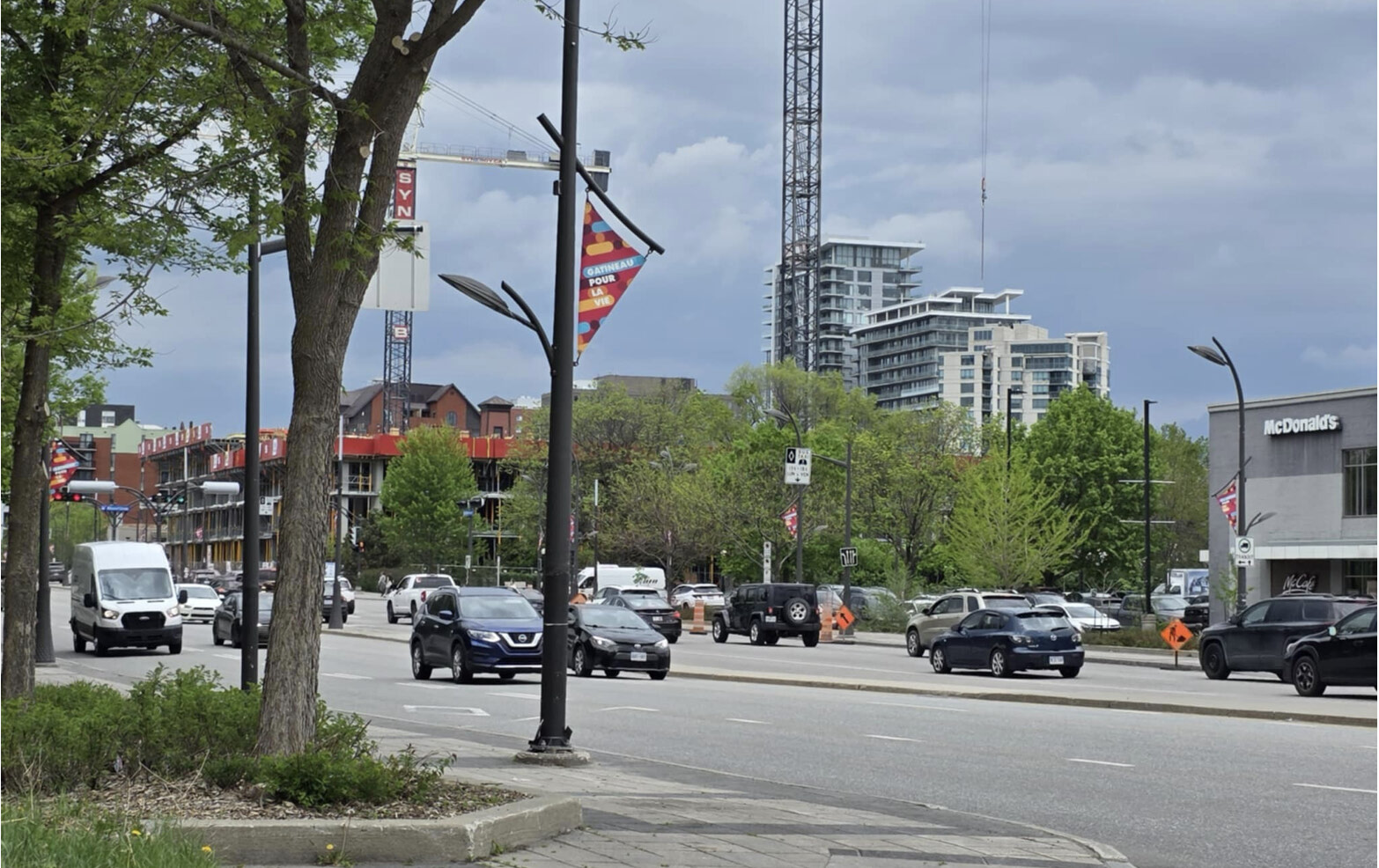Quebec ramps up its electric vehicle ambitions but automakers want more grounded approach
Tashi Farmilo
Quebec’s government is pushing the accelerator on its zero-emission vehicle policy. But, as it charts a faster course toward electrification, the province’s automotive industry is tapping the brakes.
Following a meeting last week with Environment Minister Benoit Charette, three of the country’s most prominent automotive associations issued a joint statement cautioning that the province’s current regulatory trajectory, however well intentioned, risks outpacing both market readiness and global realities.
The Corporation des concessionnaires automobiles du Québec (CCAQ), Constructeurs mondiaux d’automobiles du Canada (CMAC), and the Association canadienne des constructeurs de véhicules (ACCV) welcomed the minister’s decision to begin consultations this summer on how to adapt Quebec’s ZEV standard. But they made clear that without swift and substantive adjustments, the policy could put undue strain on manufacturers and dealers, particularly as economic conditions worsen and demand for electric vehicles cools.
“We’re committed to the energy transition,” said Ian P. Sam Yue Chi, head of the CCAQ, “but Quebec cannot move forward in isolation from the broader North American market.”
The ZEV standard, first introduced in 2018 and revised repeatedly since, sets annual targets for the proportion of zero-emission vehicles that automakers must sell in Quebec. The regulation has played a significant role in the province’s rising EV adoption rate – among the highest on the continent – but industry leaders now argue that targets are becoming increasingly difficult to meet.
They cite a constellation of pressures: the winding down of provincial and federal purchase incentives, uncertainty in U.S. trade policy, supply chain turbulence, and an increasingly cautious consumer base. Recent data shows that EV growth, while still strong, has begun to slow across North America.
David Adams, president of CMAC, pointed out that automakers are not unwilling, but the conditions must be right. “Being a leader means adapting to reality,” he said. “Our members are prepared to deliver the vehicles. The question is whether consumers can afford them.”
The associations have not called for the ZEV standard to be abandoned, but they are urging the government to recalibrate the rules to better reflect current market dynamics—both at home and abroad. Their proposal: continued dialogue, policy flexibility, and a realistic pathway that supports environmental goals without jeopardising investment or consumer access.
Minister Charette has so far shown openness to that conversation. The consultations, expected to unfold over the summer, could shape the next phase of Quebec’s climate strategy. For now, both government and industry insist they share the same destination. The question is whether they can agree on the right speed—and the safest route—to get there.






